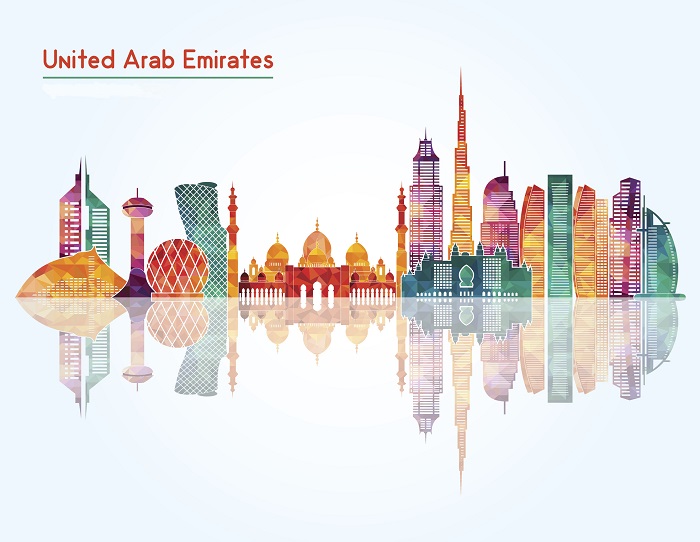The loophole may come as a welcome reprieve to a number of expat groups campaigning to stop the tax on foreign income from being implemented.
Unveiled in the country’s annual budget in February, South Africans working in non-income tax jurisdictions, such as the UAE, Mauritius, and the Cayman Islands, have been told they will be liable to pay income tax in South Africa.
The tax is designed to hit South African residents who work in favourable tax jurisdictions for more than 183 days a year and who currently don’t pay tax in such places or in South Africa.
During his Budget speech, finance minister Pravin Gordhan, who has since been ousted by president Jacob Zuma, described the double non-taxation scenario as “excessively generous”.
Double tax treaty
Under the new treaty, signed last November, many of the 120,000 South Africans currently living and working in Dubai may be able to change their status as a South African tax resident and apply for UAE tax residency instead meaning they would be exempt from the new income tax, Cor Kraamwinkel, international tax partner at PwC told South African financial daily Moneyweb.
“Should the proposed amendment of the foreign employment income-tax exemption in respect of South African tax residents come into effect, such individuals will no longer be impacted,” he told the publication.
Determining residency
Residency is determined on individual circumstances, said Kraamwinkel. Where South Africans working in Dubai have been sponsored by a local employer via a sponsored work visa, as is most often the case, this visa may entitle the person to a UAE tax residency certificate.
However, many South Africans in Dubai will also still be regarded as tax residents in South Africa as the law states that unless they are exclusive tax residents of another country for purposes of a double-tax agreement, South African tax residency applies to those who are “ordinarily resident” in the country.
“Where an individual qualifies for South African as well as UAE tax residency status, the treaty between South Africa and the UAE will trigger the residency tiebreaker, as an individual can only be a tax resident of one of the countries for treaty purposes,” said Kraamwinkel.
The residency test looks at several factors including the location of the individual’s permanent home and where his or her centre of vital interest is situated.
“So whether or not you earn foreign income – as long as it is not sourced from South Africa (which it will not be because you work and live in Dubai) – you will not be subject to tax in South Africa. So this proposed change in law may not have such a widespread impact as what at first sight may have been apparent,” said Kraamwinkel.
Guidance
However, Dieter Schulze, regional managing partner at international tax and consulting firm RSM South Africa that the terms of tax treaties vary from treaty to treaty, and the South Africa Revenue Service (SARS) has yet to provide any guidance on this despite publishing a document prior to the Budget in February.
“One of the issues clarified was the misconception that all remuneration received or accrued during the qualifying period of 12 months is exempt and in fact confirmed to the contrary, that only the remuneration received or accrued in respect of services rendered outside South Africa during the qualifying period of 12 months is in fact exempt,” he told International Adviser.
Meanwhile, Andrew Rissik from local law firm Sable International told South Africa’s BizNews that even if the DTA loophole applies the South African government can choose to either amend the treaty or simply pass legislation overriding the treaty relief.








